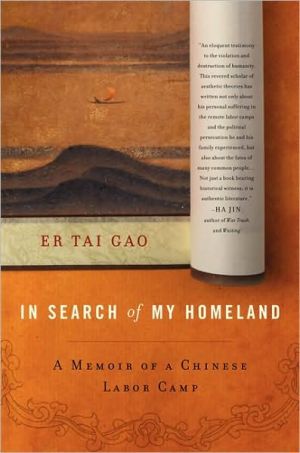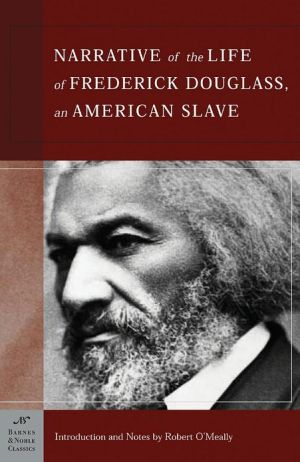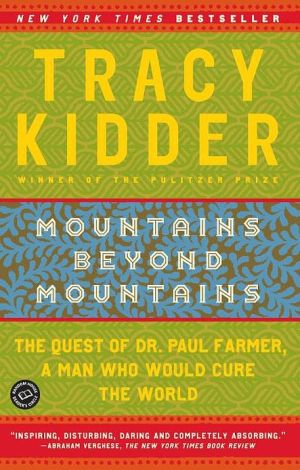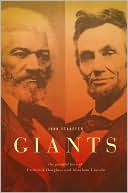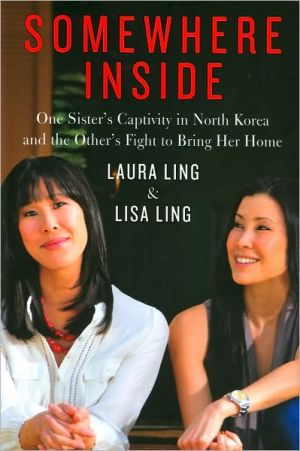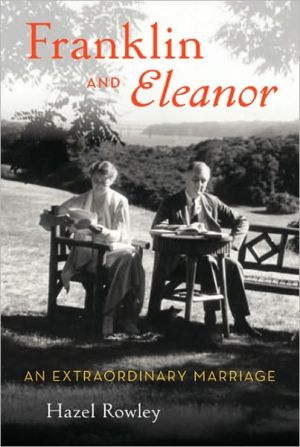In Search of My Homeland: A Memoir of a Chinese Labor Camp
In 1957, twenty-two-year-old art teacher Er Tai Gao came to the attention of the Communist Chinese authorities with his groundbreaking essay “On Beauty,” in which he argued that the nature of what is beautiful is both subjective and individual—a position in direct opposition to government policy. Labeled a “rightist” by the Mao regime, Gao was sent to a labor camp in China's harsh western desert, where in just three years 90 percent of his fellow prisoners died. It would be the first of the...
Search in google:
In 1957, twenty-two-year-old art teacher Er Tai Gao came to the attention of the Communist Chinese authorities with his groundbreaking essay On Beauty, in which he argued that the nature of what is beautiful is both subjective and individual a position in direct opposition to government policy. Labeled a rightist by the Mao regime, Gao was sent to a labor camp in China's harsh western desert, where in just three years 90 percent of his fellow prisoners died. It would be the first of the scholar's three convictions for subversive thought and behavior. After his last imprisonment, in the aftermath of the Tiananmen Square protests, Gao and his wife, Maya, escaped to Hong Kong, and in 1993 were offered political asylum by the United States. Epic in scope, reaching from the depths of work ditches in the Gobi Desert to the heights of the Buddhist heavens depicted on the Dunhuang cave ceilings, In Search of My Homeland is a striking portrayal of Gao's experiences of political persecution, of prisoners pushed to the limits of human endurance, and ultimately of the power of hope. Gao's enormous skill as a writer and insightful observer offers a unique, thoughtful perspective on China in the second half of the twentieth century.Powerful and elegantly written, Gao's work teaches us that freedom is the most important political stand for an artist, to be able to dissent from the dominant ideology thereby making beauty, both its creation and perception, its ultimate symbol. The New York Times - Barry Gewen We are all familiar with personal accounts of the Holocaust and the Gulag, less so with descriptions of the torture chamber that was Mao's China. That is why Er Tai Gao's spare, stoical remembrance, In Search of My Homeland: A Memoir of a Chinese Labor Camp, is a valuable contribution to the literature of the horrific 20th century.
\ Barry GewenWe are all familiar with personal accounts of the Holocaust and the Gulag, less so with descriptions of the torture chamber that was Mao's China. That is why Er Tai Gao's spare, stoical remembrance, In Search of My Homeland: A Memoir of a Chinese Labor Camp, is a valuable contribution to the literature of the horrific 20th century.\ —The New York Times\ \ \ \ \ Kirkus ReviewsA grim, thoughtfully composed memoir by an artist and former Chinese academic who spent two decades on and off as a labor-camp prisoner of Mao's oppressive regime. In 1955, Gao was one of a large group of eager, well-indoctrinated college graduates of China's communist system sent to the newly developing northwest region of Lanzhou to teach middle-school students. He ended up teaching art to 1,000 students, 16 classes per week, his responsibilities so heavy that, he writes, "I became a machine." Feeling "rebuked, oppressed, and rebellious," in 1956 the author composed a free-thinking, idealistic treatise on aesthetics, "On Beauty" (included here), which was published in an academic journal and earned the disdain of his supervisors. Branded a "rightist," Gao was sent to the remote district of Jiuquan for "re-education through labor." Essentially incarcerated on a prison farm, he dug ditches all day to drain the salts from the barren plain, and in the evenings attended meetings where the prisoners were forced to participate in self-analysis and inform on others. Gao provides personal anecdotes of his time at the camp, as well as studies of fellow prisoners. In "Storm," he recalls a ferocious wind storm that covered the prisoners like "clay statues" and made time seem suddenly solid, like a stone wall. In other chapters, he reminisces about those sympathetic to his plight, as well as an unlikely friendship with a driver who relished beating prisoners with impunity. Released from the camp in 1962, Gao worked on art research in the "world-famous treasure house, Mogao Caves" in Dunhuang, but was denounced again during the Cultural Revolution. He and many fellow rightists were "rehabilitated" in1978, but Gao was imprisoned once again in 1989 for his inflammatory writings. Thankfully he and his wife escaped in 1992 and now live in exile in Las Vegas. A lucky survivor shares a rare look into China's deeply scarring communist system.\ \
